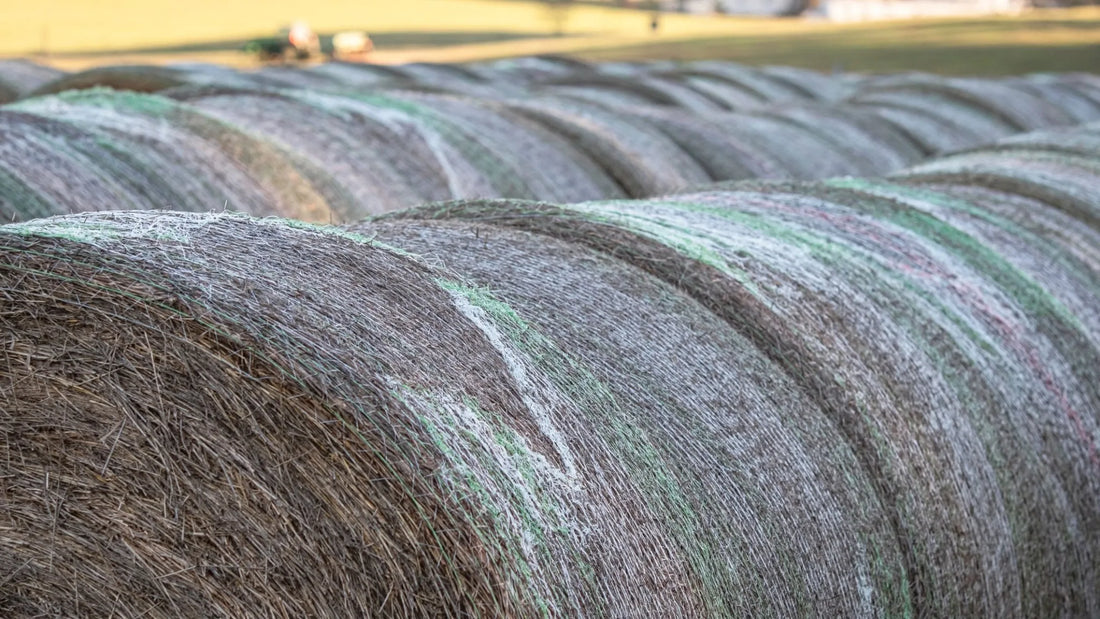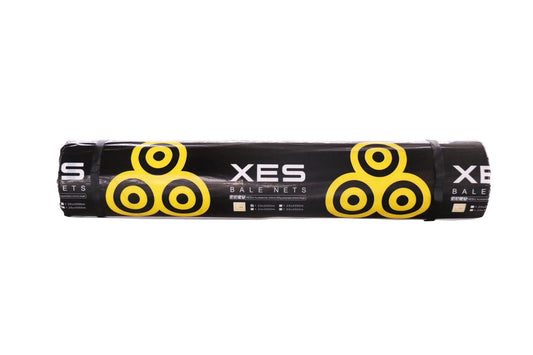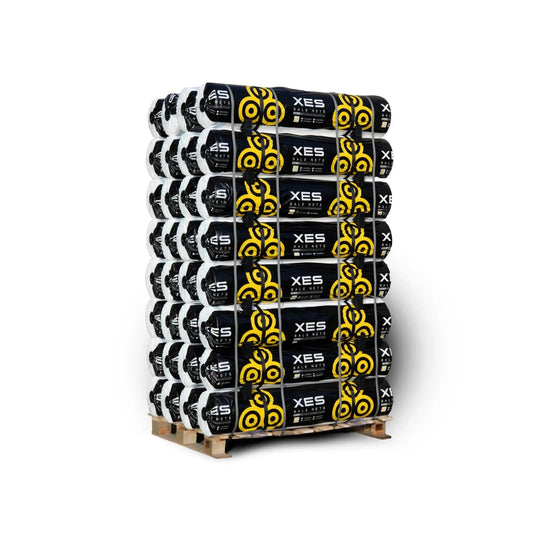Introduction
Preserving the quality of bales stored outdoors is a pressing issue. This article investigates the advantages and disadvantages of covering bales, along with tips for successful implementation.
Benefits of Covering Bales
Covering bales offers a range of benefits, from reducing weather-related losses to extending their lifespan. Here are some key advantages:
Protection Against Wind Damage
Choosing a durable, high-quality cover can minimize the risk of wind damage, preventing tears or displacement.
Maintenance and Repair
Maintenance is essential for plastic tarps, and any damage should be repaired promptly to maintain their effectiveness.
Anchoring for Stability
Anchoring covers to the ground or bale stack ensures stability, especially during adverse weather conditions.
Longevity with Reinforced Sheeting
Reinforced plastic sheeting, although costlier, offers greater durability and less frequent maintenance.
Considerations for Successful Implementation
Moisture Management
Managing moisture is crucial, especially for high-moisture hay, to prevent mold and quality degradation.
Condensation Caution
Condensation can be a problem when using plastic covers, requiring proper ventilation and moisture control measures.
Pyramid Stacking for Cost Efficiency
Pyramid stacking enables efficient use of covers, reducing costs associated with bale covering.
Conclusion
Covering bales is a viable strategy for preserving outdoor hay quality. However, it’s essential to manage moisture and ensure proper anchoring. Following best practices can maximize the benefits of this storage solution.



